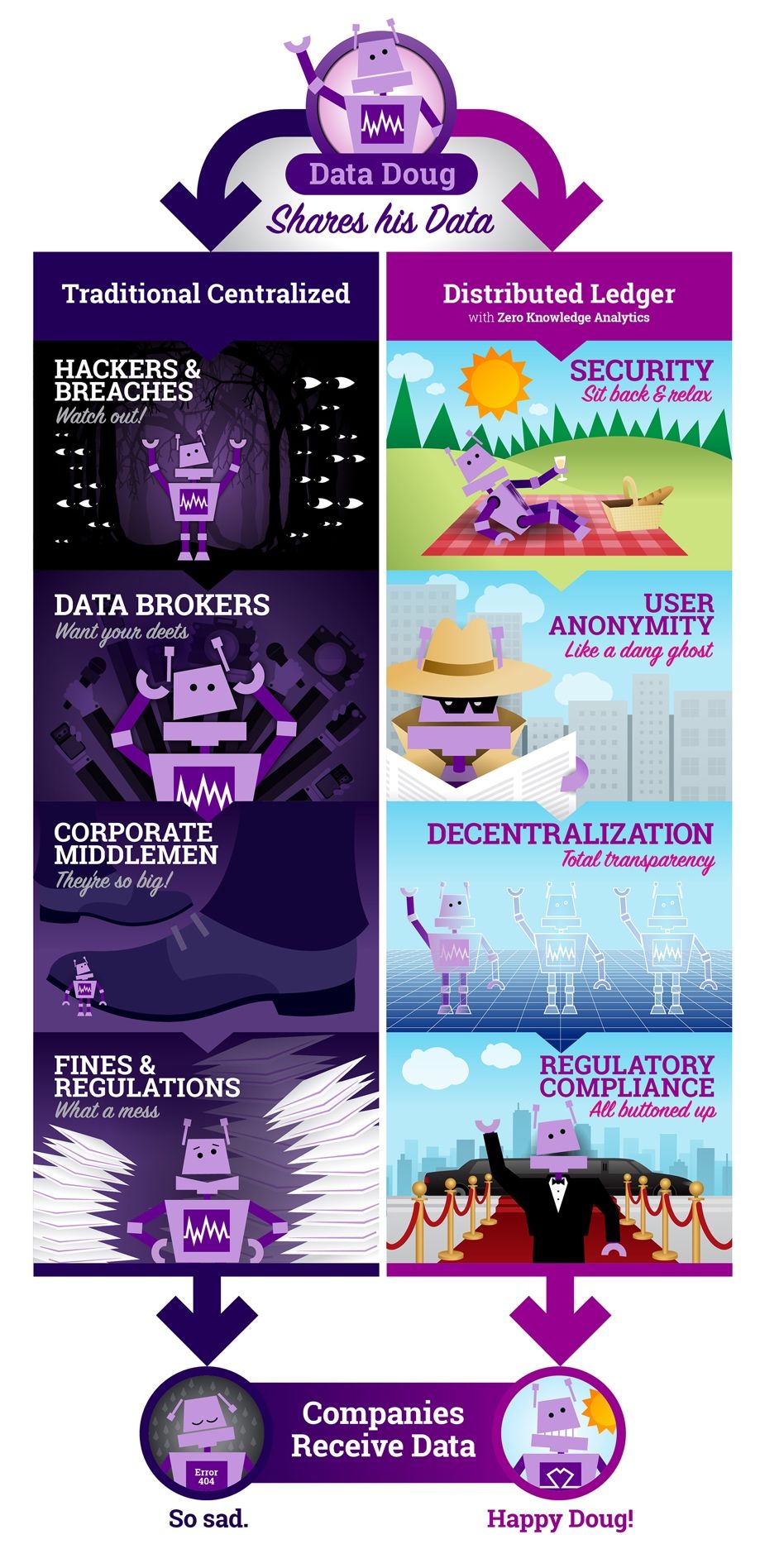
By Matt McGraw/Dispatch
For every business, data in the form of consumer information, financial transactions, research, human behavior and now artificial intelligence has become crucial. It provides more insight and improves engagement with consumers and increased interactions for more predictable and consistent conversions to sales. Data is also a commodity being generated by billions of people worldwide who contribute to very few “data brokers” monetizing from the data. However, users have become increasingly dismayed and sceptic of how their data is being used.
With many of the global compliancy regulations, like the financial industry’s Revised Payment Services Directive (PSD2), being developed to protect consumer information, data is becoming a liability for many businesses and impacting their bottom line. Businesses offering financial services cannot ignore the potential financial impact of increased protections and regulatory fines, let alone the user attrition. Companies like Facebook, Yahoo and Equifax are being fined large amounts $1.5 billion, $100+ million and $80 million, respectively, if they don’t comply with European Union’s GDPR.
According to Gartner’s newly released tech trends, European companies are expected to spend an average of $1.4 million to comply with GDPR, and US companies are setting aside $1 million to $10 million for this compliance. These expenditures don’t bring any real value to the company except to comply with newly enforced regulations. They also predicted that active enforcement of ePrivacy regulation will become a reality before the first quarter of 2020.
Distributed Ledger Technology (DLT), or Blockchain, inherently provides a safe and secure environment for storing immutable transactions and consumer information. Contributing author Matt McGraw, co-founder and CEO at Dispatch, believes by anonymizing consumer information, it preserves and improves financial institutions ability store sensitive information, creating a mutually beneficial community between users and companies using, managing and accessing data.
Dispatch creates a mutually beneficial relationship between companies and consumers using the world’s biggest commodity: Data









